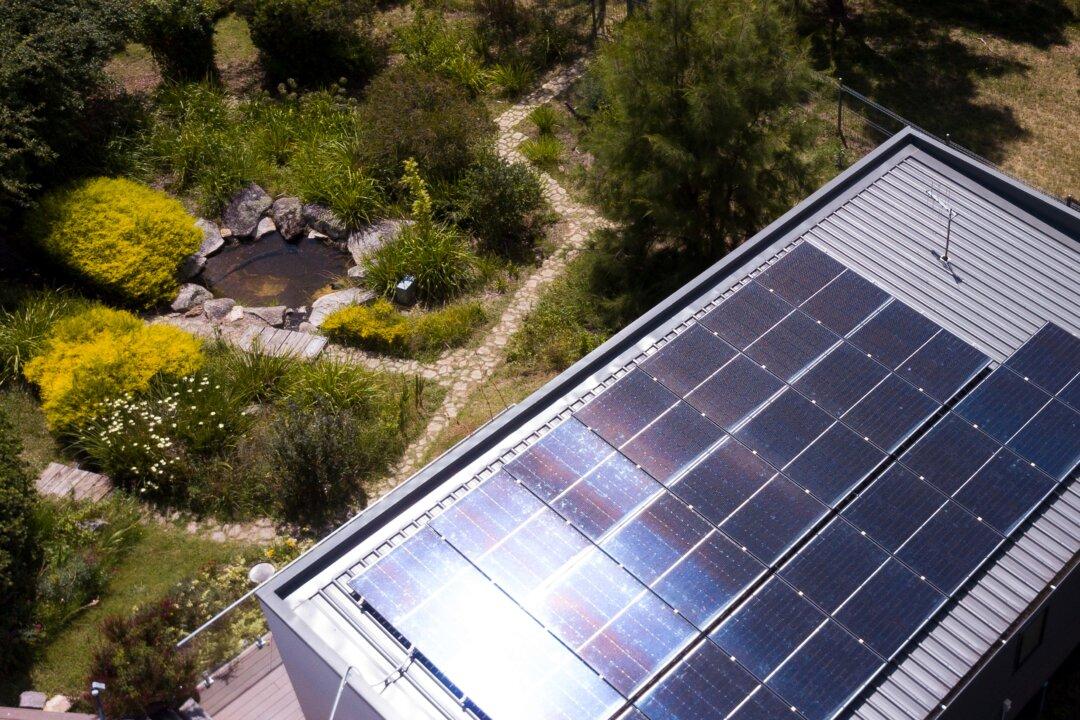A study has found that most Australians feel positive about adopting electric vehicles (EVs) and electrifying their homes despite rising living cost pressures.
According to a new report (pdf) by left-leaning think tank Australia Institute, which surveyed 1,954 adults across the country, 55 percent of the respondents were willing to convert gas-running appliances into electric ones.





